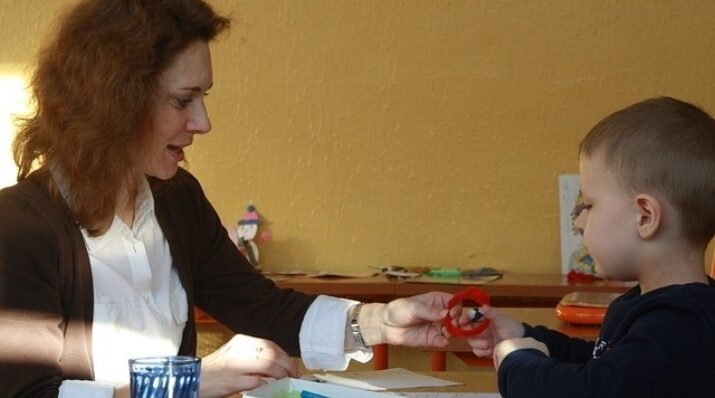Breakthrough Schools D.C. Round 3 Grantees
16 schools reimagining for more personalized and deeper learning ...

Educators are rethinking the purposes, forms, and nature of assessment. Beyond testing mastery of traditional content knowledge—an essential task, but not nearly sufficient—educators are designing assessment for learning as an integral part of the learning process.
Locations: Across Colorado, including but not limited to Bayfield, Boulder, Buena Vista, Colorado Springs, Cortez, Crestone, Dolores, Durango, Golden, Grand Junction, Ignacio, Julesburg, Kit Carson, Le Veta, Loveland, Mancos, Merino, Monte Vista, Pagosa Springs, Parachute, San Luis, Silverton, South Routt, Walsenburg, Woodland Park
Settings: Urban, Rural, Suburban
School Types: District, Charter
Targeted Grades: K-8
Number of Participating Students: More than 1,000
Number of Participating Teachers: 51-200
Curriculum Areas: Global Languages, Literacy, Math
The Colorado Education Initiative (CEI)
Colorado Department of Education (CDE)
Participating Schools and Districts (see list below)
Center for Assessment, Design, Research, and Evaluation (CADRE) at the University of Colorado Boulder
Slope Research
As leading statewide organizations committed to innovation, equity, and continuous learning, The Colorado Education Initiative (CEI) and Colorado Department of Education (CDE) are streamlining efforts to support districts around assessment, instruction, and personalized learning in ways that have lasting systems impact. This project builds on existing state and district capacities to meet emerging priorities and foster systems of assessment for learning that empower educators, foster student agency, and address the range of knowledge, skills, and dispositions necessary for college & career readiness.
Participating districts are engaging in one or both of these pathways:
If teachers use rigorous performance tasks aligned to standards-based instruction, and students meaningfully engage in data and self-review, then:
The state has the potential to work with a group of early adopter districts to identify or produce a shared set of performance-based assessments aligned to both academic and non-academic competencies that could potentially be used in place of current state assessments at certain grade levels. The team hopes to learn how instituting learning progressions increases both teacher and student agency, as they anticipate that learning progressions will enable teachers to differentiate and personalize instruction based on developmental milestones. In turn, the project team is trying to prove that assessing student understanding in this manner will feel like a more authentic way of measuring educator effectiveness and will yield stronger student outcomes and ownership over learning.
List of Participating Schools and Districts: